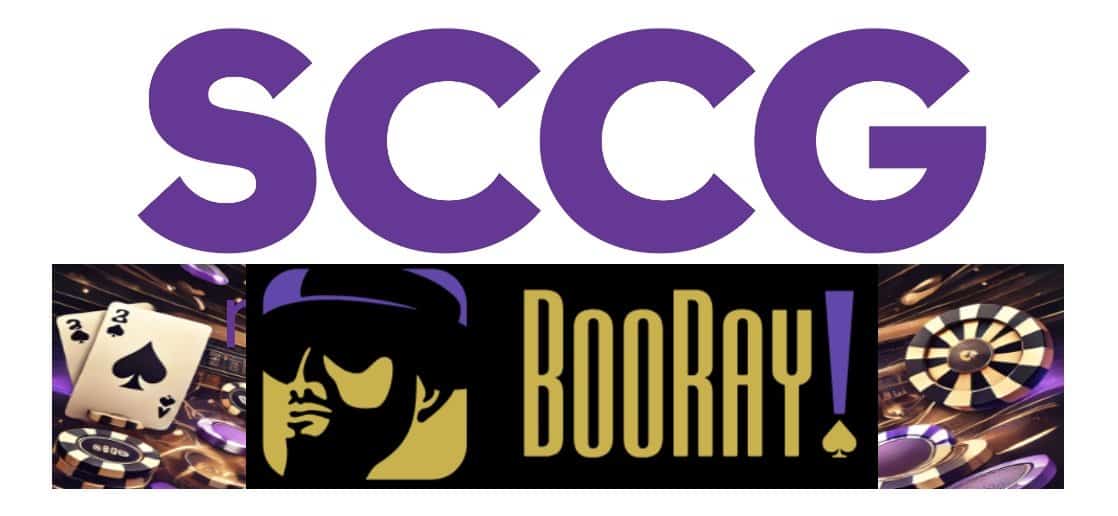
The casino gaming industry generates billions in revenue from table games like Blackjack, Poker, and Roulette. Yet, amidst this success, there remains a glaring gap—Black ownership of casino table games. That’s why BooRay, the card game I’ve developed, holds such significance. It aims to bring a new, exciting dynamic to the casino floor while seeking to make history as the first Black-owned casino table game.
Personal Connections: Learning from Pioneers
As someone who has personally known Norbert A. Simmons, Lorenzo Creighton, and the late Don Barden, I’ve seen firsthand the challenges and triumphs Black pioneers have faced in this industry. Norbert A. Simmons became the first Black casino owner in America in 1991 with his ownership of Bally’s New Orleans, a historic achievement in the U.S. gaming landscape. Similarly, Lorenzo Creighton made history as the first Black gaming commissioner and was a trailblazer in management, later becoming the president of major casino operations. Don Barden followed as the first Black person to own a casino in Las Vegas, further expanding Black representation in gaming leadership.
Yet, despite these achievements, the table game sector remains a largely untapped space for Black ownership and innovation. The question now is whether BooRay can be the catalyst that changes that narrative.
These pioneers taught me the importance of perseverance, creativity, and navigating the complexities of a heavily regulated industry. Their influence fuels my drive to make BooRay a game that doesn’t just entertain but also leaves an indelible mark on the industry.
A Legacy of Firsts: How BooRay Could Shift the Landscape
Throughout history, being “first” in any industry creates ripples that transform not just the market, but the culture and opportunities for those who follow. Norbert A. Simmons’ ownership of Bally’s New Orleans in 1991 broke barriers for Black casino owners across the country, while Lorenzo Creighton’s appointment as the first Black gaming commissioner set the stage for regulatory leadership. Don Barden continued this legacy by becoming the first Black casino owner in Las Vegas, inspiring others to pursue their dreams in the gaming industry.
With BooRay, I see an opportunity to further this legacy of “firsts.” By launching BooRay into the mainstream, I believe we can change the conversation about what it means to be a creator and innovator in this space. It’s not just about adding another game to the casino floor—it’s about opening doors for more Black creators, developers, and entrepreneurs in the gaming industry.
As of 2024, there are about 10 Black billionaires in the United States, less than 1% of the country’s billionaires. Robert F. Smith is currently the richest Black man in America. However, the question remains whether the gaming industry, particularly the table game sector, can foster more Black success stories. BooRay’s success could help spark that change by inspiring the next generation of Black entrepreneurs to see opportunities in an industry where representation has been minimal.
A Snapshot of the Industry: Room for Innovation
The table game sector remains a cornerstone of the casino economy. From staple games like Craps and Baccarat to the growing presence of modern games like Three Card Poker, table games generate billions in revenue for casinos around the world. With the casino industry estimated to be worth over $200 billion globally, it’s clear that there is room for fresh innovation. However, breaking into this sector isn’t easy.
Games must pass through rigorous approval from state and tribal gaming commissions, ensuring fairness, marketability, and alignment with regulatory standards. BooRay is on its path toward that goal, navigating the complex licensing process to bring a fresh, culturally relevant, and fast-paced game to casino floors.
The Impact of BooRay on the Industry
BooRay’s success wouldn’t just be a win for me—it would be a win for the entire gaming industry. The creation and licensing of the first Black-owned table game could inspire a new generation of developers and entrepreneurs, paving the way for more diversity and innovation. It would also open the doors for deeper conversations about representation and ownership in an industry that has historically lacked both. By bringing BooRay to the forefront, we’re not just offering a new game; we’re offering a new vision for what gaming can be.
As I continue to push BooRay through the licensing process, I’m reaching out to key figures, including those at the American Gaming Association, to bring attention to the significance of this moment. If history has taught us anything, it’s that the “firsts” are often the hardest but also the most impactful. BooRay stands on the cusp of creating that impact.
With the legacy of those who came before me, and the hope of those who will follow, BooRay aims to take its place as a game-changer—not just on the casino floor, but in the broader conversation of ownership, diversity, and success in the gaming industry.
Conclusion
BooRay is more than just a game—it’s a statement. A statement that Black entrepreneurs can and will continue to break barriers, innovate, and succeed in industries where representation has historically been limited. As we move closer to licensing and launch, I invite everyone to join me on this journey to make BooRay the first Black-owned casino table game—a moment that could shift the gaming industry forever.








